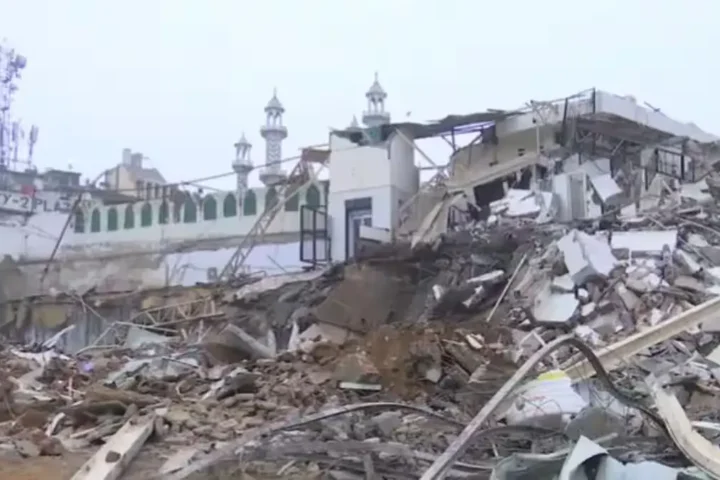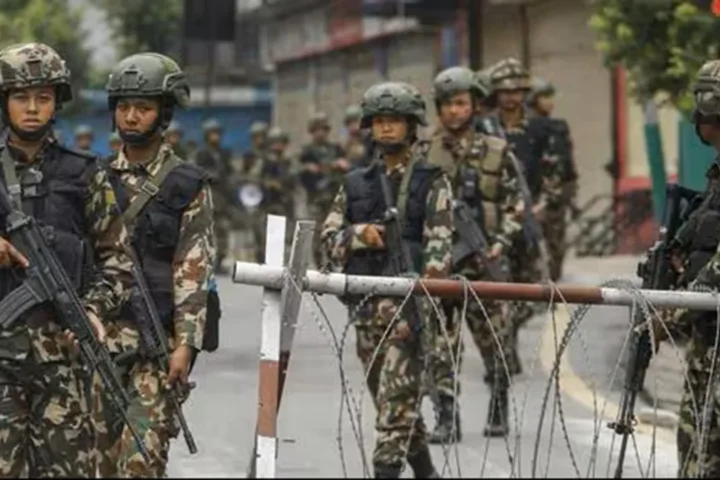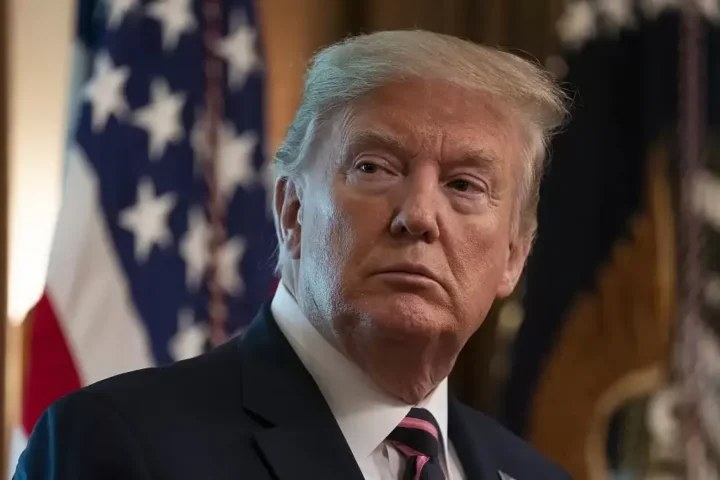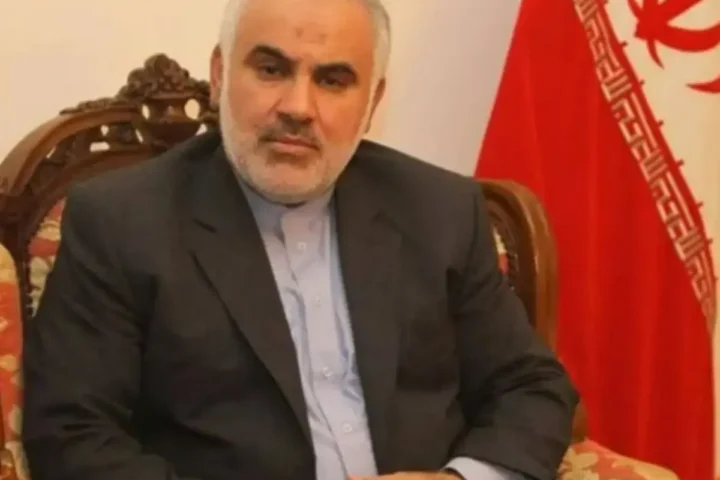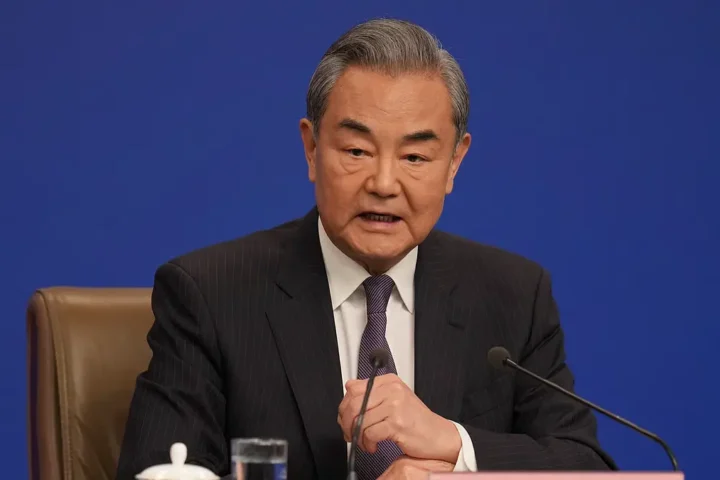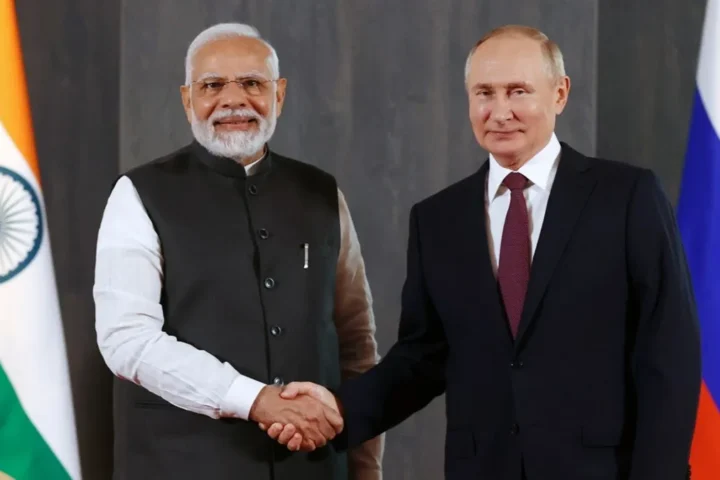Los Angeles is witnessing a new wave of political and social unrest as President Donald Trump deploys federal troops and promises to “liberate” the city from what he calls lawlessness and foreign infiltration. Speaking at Fort Bragg on the occasion of the U.S. Army’s 250th anniversary, Trump used the platform to address growing anti-immigration protests in California and assert federal authority over state objections.
Why Are Protests Erupting in Los Angeles?
The protests, which escalated over the weekend, stem from a new round of aggressive immigration enforcement raids ordered by the Trump administration. Demonstrators, primarily in downtown Los Angeles, are opposing what they call inhumane and militarized crackdowns on immigrant communities. Protesters blocked major freeways, set vehicles on fire, and clashed with local law enforcement.
Activists argue that these raids disproportionately target Latino and undocumented communities and are being carried out without due process. Civil rights groups have also accused federal agents of using excessive force and violating sanctuary city protections.
“These raids are terrorizing families and disrupting lives. This is not law enforcement; this is intimidation,” said Maria Lopez, an organizer with a local immigrant rights group.
Trump’s Response: Military Force and Harsh Rhetoric
President Trump responded by authorizing the deployment of 4,000 National Guard soldiers and 700 Marines to Los Angeles, despite California Governor Gavin Newsom’s objections. In his speech, Trump called protesters “animals” and a “foreign enemy,” accusing them of attempting to “invade and conquer” an American city.
“We will not allow an American city to be taken over by outsiders. We will liberate Los Angeles and make it free, clean, and safe again,” Trump said.
He described Los Angeles as “a trash heap” overrun by criminals and claimed entire neighborhoods are under the control of gangs and undocumented immigrants. The president also left open the possibility of invoking the Insurrection Act, which would allow the use of the U.S. military to quell domestic unrest.
What Does Trump Want?
Trump has made it clear that he sees the military as a tool not just for national defense but for enforcing domestic order. His goals are:
- Restoring law and order in cities he claims are “out of control.”
- Cracking down on undocumented immigration, especially in sanctuary cities.
- Demonstrating federal power over what he calls “soft and weak state leadership.”
- Reasserting nationalist sentiment, positioning himself as a defender of American sovereignty.
He also announced that his administration would restore the Confederate-era names of military bases that had been changed during the Biden administration, further signaling a return to a conservative, traditionalist agenda.
What Does the Public Want? A Nation Divided
Public opinion remains sharply divided. Trump’s supporters applauded his stance, cheering his speech and calling it a long-overdue response to lawlessness. At Fort Bragg, the crowd clapped enthusiastically, even as the president danced to his campaign anthem “YMCA.”
However, many others—including veterans, local residents, and state leaders—voiced concern about the politicization of the military and the inflammatory language used to describe American citizens.
“This was meant to be a day of celebration for the U.S. Army, not a campaign rally,” said Robin Boothe, a Trump voter and employee at the base. “Calling Americans animals goes too far.”
Governor Newsom responded with a strong rebuke:
“Democracy is under attack before our eyes. What’s happening in California could soon happen elsewhere.”
Civil liberties groups argue that Trump is using fear and force to silence dissent, warning that the situation in Los Angeles could set a national precedent.
Interesting Read
What’s Next? Protests, Parade, and Political Showdown
Tensions are expected to rise as Trump prepares for a massive military parade in Washington, D.C. on June 14, which also marks his 79th birthday. Tanks, missile demonstrations, and other military displays are planned as a show of strength. However, coordinated “No Kings Day” protests are scheduled across the country in opposition to what critics call authoritarian overreach.
“If they show up to protest, they will be met with very big force,” Trump warned, sparking further outrage from civil rights advocates.
As the debate intensifies between state and federal power, the events unfolding in Los Angeles could mark a turning point in the national conversation on immigration, democracy, and the role of the military in civilian affairs.


